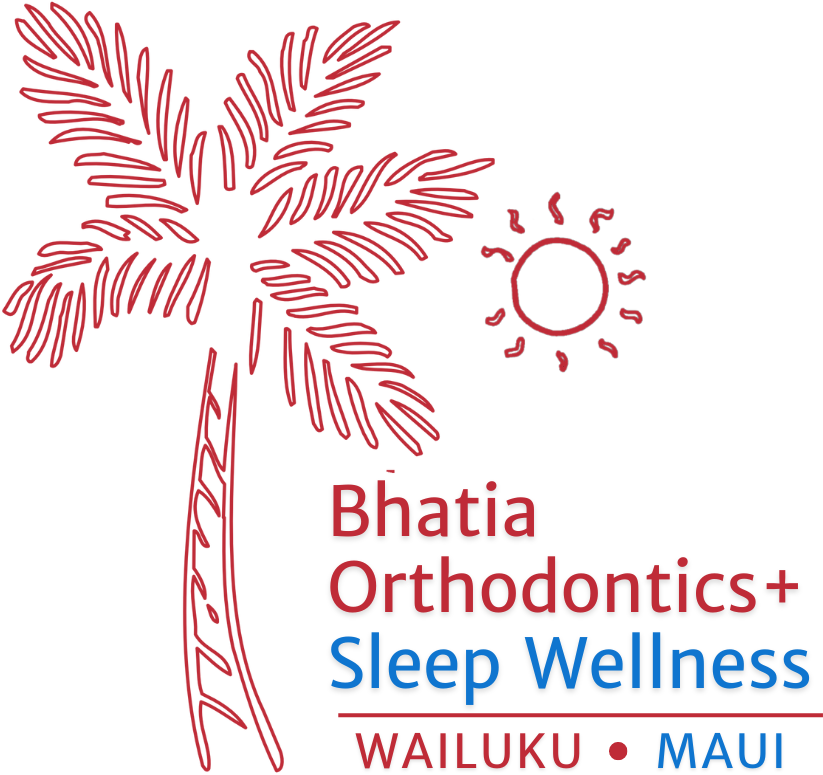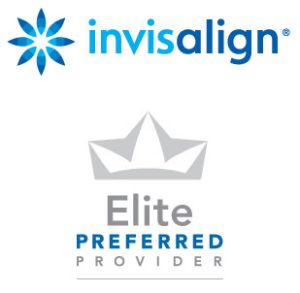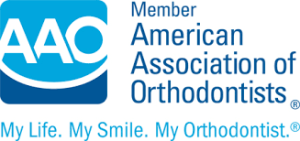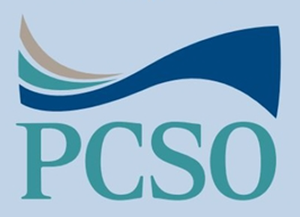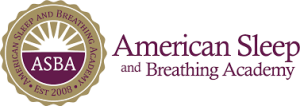Moms already have to battle sleep deprivations, with night-time feedings and little ones restlessness throughout the small hours, but many women also suffer from OBSTRUCTIVE SLEEP APNEA SYNDROME (OSAS).
OSAS has a spectrum of disorders characterized by a snoring history and repetitive collapse of the upper airway, leading to sleep fragmentation and excessive daytime sleepiness. It can sadly remain underdiagnosed for years.
1 in 4 women in the United States is at high risk for the presence of OSAS. Among women at high risk, the common symptoms are habitual snoring (61%), observed apneas ~ temporary cessation of breathing especially during sleep (7%), and daytime sleepiness (24%). Sleep onset insomnia (32%), maintenance insomnia symptoms (19%) and restless legs syndrome (RLS) symptoms (33%) or body movements (60%) are also frequently reported. The risk for OSAS in women increases with advanced age, the presence of obesity, irregularity of the menstrual cycle, and menopause. Pregnant women have a similar risk for OSAS as nonpregnant women, but, more importantly pregnant women with a high risk for OSAS, reportedly have a high risk of pregnancy complications. The presence of chronic medical disorders such as Diabetes, High Blood Pressure and other cardiovascular disorders are also more frequent among high risk women.
How can you tell if you have OSAS?
- Overnight monitoring at a sleep center (polysomnography)
- Home sleep testing
- Visit a specialist
- A Sleep Physician to confirm the diagnosis and severity of OSAS. If you have moderate to severe sleep apnea, you might benefit from using a machine that delivers Continuous Positive Airway Pressure CPAP through a mask while you sleep.
- An Ear, Nose and Throat doctor to rule out blockage in the nose and throat. Enlarged tonsils and adenoids can often reduce the size of the airway and their removal may be beneficial for OSAS.
- An Airway – Focused Orthodontist to help correct abnormal Jaw structure and tongue posture that may affect the airway. They can also modify a defective bite to allow the lower jaw and tongue to then be postured forward instead of pressing against the airway and can construct a custom Oral Sleep device that is designed to keep the airway open, oftentimes relieving snoring and mild to moderate obstructive sleep apnea. A custom Oral device might be easier to use than a CPAP.
Obstructive Sleep Apnea Syndrome is a life shortening disorder, but once detected all measures can be taken to combat and prevent it. Happy Sleeping mamas, you deserve it!
